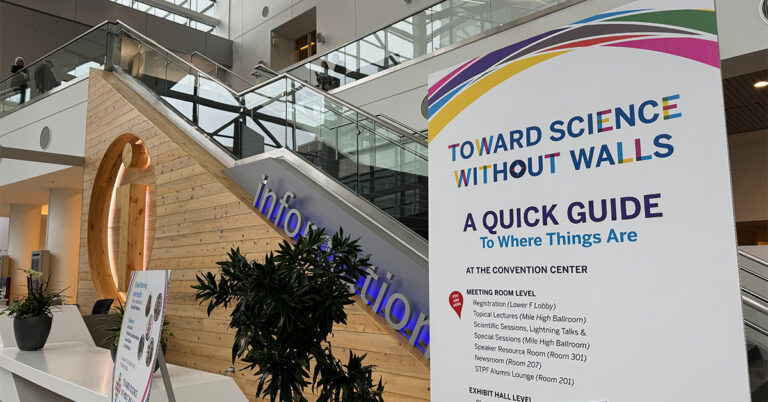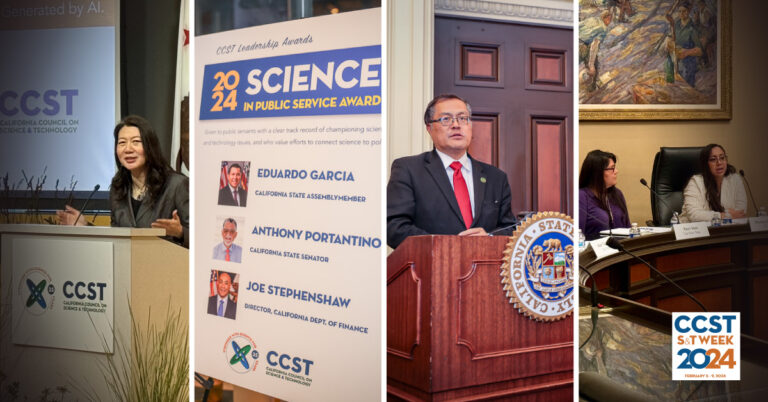Update: Applications for the CCST Science & Technology Policy Fellowship Have Closed
Stanford to Collaborate on Stem Cell Genomics Center
February 14, 2014 | CCST Newsroom | Contact: M. Daniel DeCillis

Stanford University will be partnering with the Salk Institute for Biological Studies in the creation of a new Center for Excellence in Stem Cell Genomics, thanks to a $40 million grant from the California Institute for Regenerative Medicine (CIRM).
The center will serve as a focus for collaborative efforts between multiple partner institutions, including UC Santa Cruz, UC San Diego, the Scripps Research Institute, the J. Craig Venter Institute, and Illumina, Inc.
“Bringing together this team to do this kind of work means we will be better able to understand how stem cells change as they grow and become different kinds of cells,” said CIRM President Alan Trounson in a statement. “That deeper knowledge, that you can only get through a genomic analysis of the cells, will help us develop better ways of using these cells to come up with new treatments for deadly diseases.”
CIRM was established in 2004 with the passage of a statewide ballot measure, the California Stem Cell Research and Cures Act, that provided $3 billion in funding for stem cell research at California universities and research institutions. Since CIRM began disbursing grants, Stanford University has received approximately $336 million in funds for stem cell related research.
The Stanford Center for Genomics already has projects under way analyzing the genetic makeup of single stem cells and entire human genomes, along with the genetic processes that lead to cancer and other diseases. Genomic analysis can be used to study how stem cells transform themselves into other types of cells in the body, a process that scientists have been able to replicate in the lab, but don’t fully understand. For scientists to fully harness stem cells and use them for patient therapies, they need to be able to better control that differentiation process.
The new center will focus primarily on three main areas of research: cardiovascular disease, single-cell mapping, and computational networking of genes. The award includes $19 million for the center team to carry out collaborative projects with California scientists from outside the center, including investigations of disease mechanisms and the development of stem cell-based therapies. The award marks the first time CIRM has invested in the growing fields of genomics and personalized medicine.
“Genomics is an incredibly fast-paced field that requires a lot of sophistication and expensive equipment,” said Michael Snyder, director of the Stanford genomics center. “It gives you a view of biological problems at a level you just don’t get with other measurements.”






